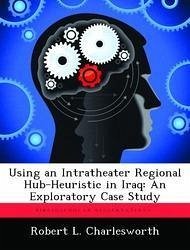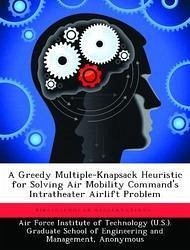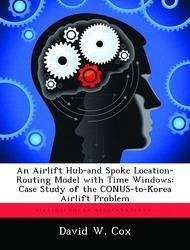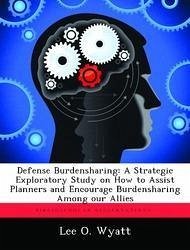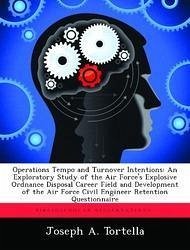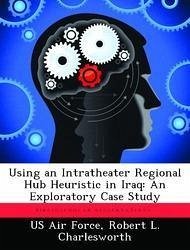
Using an Intratheater Regional Hub Heuristic in Iraq: An Exploratory Case Study
Versandkostenfrei!
Versandfertig in über 4 Wochen
59,99 €
inkl. MwSt.

PAYBACK Punkte
30 °P sammeln!
Ongoing casualties inflicted on convoys transgressing dangerous roads highlighted airlift's important role in intratheater logistics operations within Iraq. While airlift can help decrease the number of convoys on the roads in combat zones, the finite number of airlifters must be managed effectively and efficiently to maximize its impact in supporting operations. This research proposes using a regional huband- spoke heuristic to design major-theater-war channel systems. The purpose of this research is to recommend a relaxation of the airlift operations' doctrinal definition of the hub-and-spok...
Ongoing casualties inflicted on convoys transgressing dangerous roads highlighted airlift's important role in intratheater logistics operations within Iraq. While airlift can help decrease the number of convoys on the roads in combat zones, the finite number of airlifters must be managed effectively and efficiently to maximize its impact in supporting operations. This research proposes using a regional huband- spoke heuristic to design major-theater-war channel systems. The purpose of this research is to recommend a relaxation of the airlift operations' doctrinal definition of the hub-and-spoke concept to allow for inclusion of a regional hub in-theater. To justify this recommendation, a case study methodology is used to compare performance of the intratheater airlift channel system as it existed in Iraq in February 2004 to a model channel system created using a regional hub heuristic. The two channel systems are compared using dependent variables designed to characterize efficiency, effectiveness, and adherence to the logistics principle of simplicity. The channel system created using a regional hub heuristic is more efficient by about 8 percent and more effective by 48 percent. Comparisons of adherence to the logistics principle of simplicity are inconclusive.





